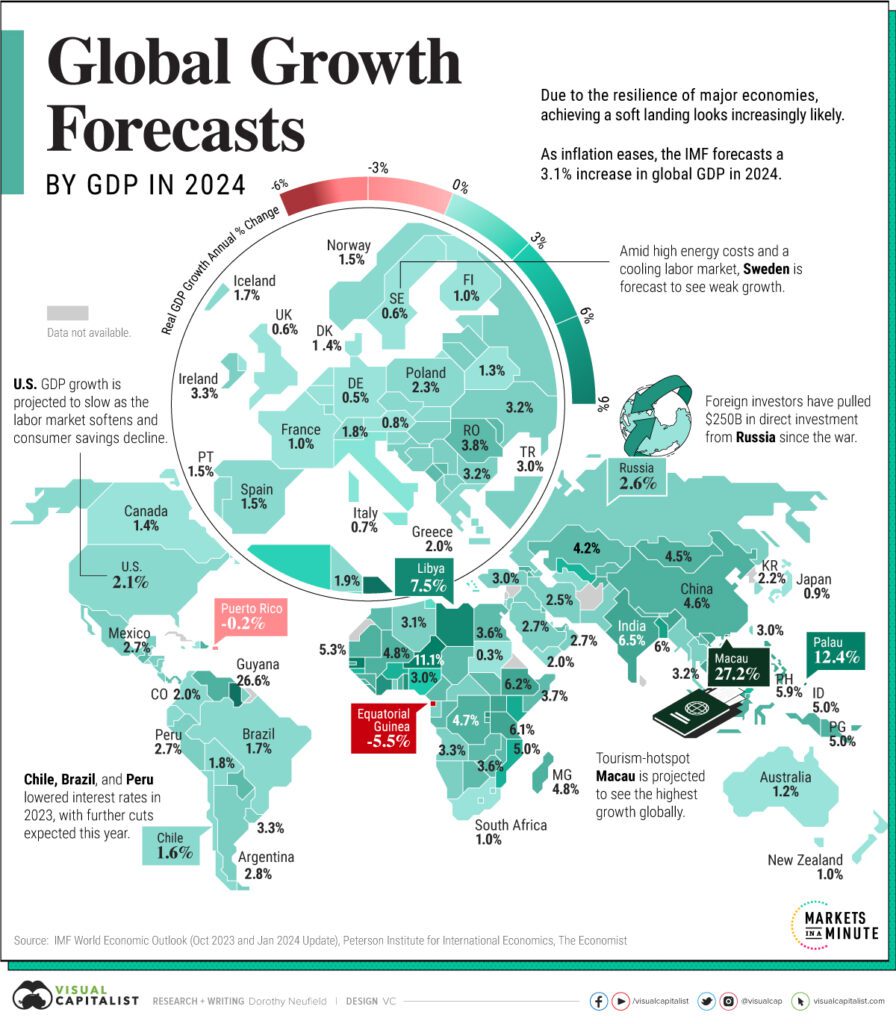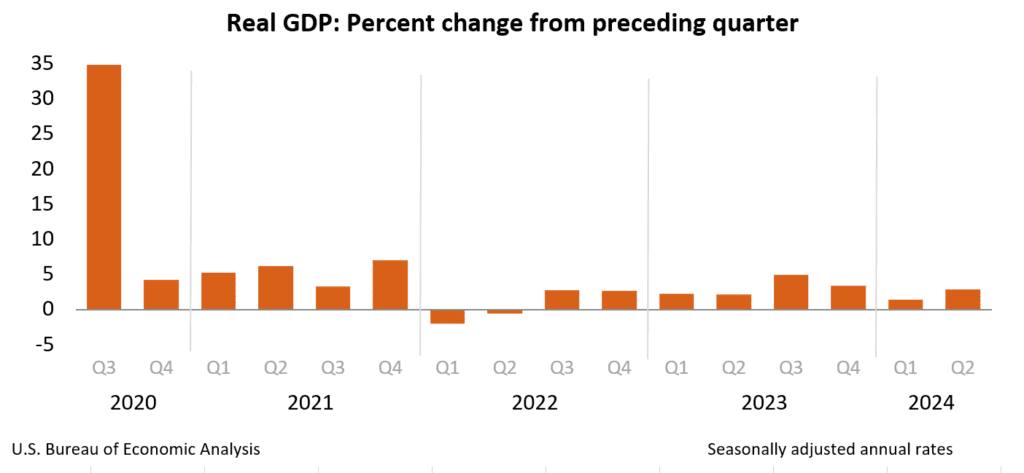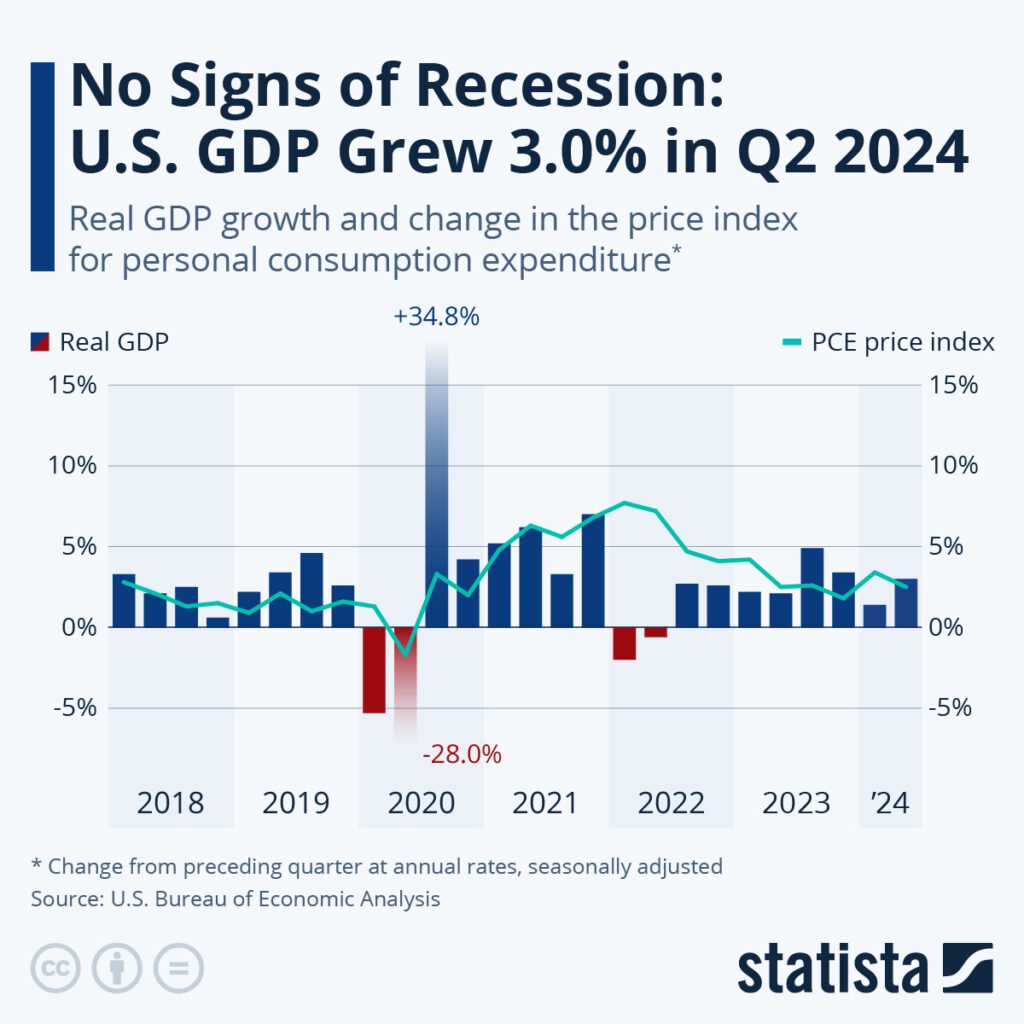The Legal Empowerment Blog
Latest Analysis on GDP in Law: Economic Power, Global Impact, and Legal Implications
Gross Domestic Product (GDP) is often seen as the primary indicator of a nation’s economic health, offering an in-depth view of its market performance. Calculated by summing the value of all goods and services produced within a country over a specified period, GDP plays a pivotal role in assessing economic strength, influencing both national policies and global economics. Yet, the implications of GDP extend far beyond mere numbers; they permeate international law, trade, and the very frameworks that govern global governance.
While the traditional use of GDP is to measure national economic success, it also provides insight into a country’s legal and political power on the global stage. Economies with the highest GDPs, such as the United States, China, and Japan, hold significant sway in shaping international law, particularly in areas like trade agreements, monetary policies, and environmental regulations. The GDP of a nation directly influences its participation in international institutions such as the World Bank and the International Monetary Fund (IMF), where the economic clout of the wealthiest nations often determines their leadership roles and decision-making power.
In 2022, the United States, with a nominal GDP surpassing $26 trillion, led the world in economic output, followed by China at approximately $18 trillion. Germany and Japan, with GDPs of $5 trillion and $4 trillion respectively, are also major players in the global economy. India, with a GDP exceeding $3 trillion, continues to grow in economic importance, particularly in global trade and environmental law. These nations, with their substantial economic output, wield enormous influence over international legal systems, often setting global standards in trade laws, human rights legislation, and financial regulations.
From a legal perspective, GDP plays a crucial role in shaping national and international policies. Nations with high GDPs have more resources at their disposal, allowing them to create stronger fiscal and monetary policies. In the U.S., for example, the vast resources generated by its high GDP facilitate the financing of large-scale defense budgets, welfare programs, and social services. Similarly, Germany’s robust economy gives it the power to implement stringent environmental regulations within the European Union, leading the charge on global climate change policies.
High GDP countries are also key players in the formulation of international trade agreements. The influence of the U.S. and China in shaping trade terms, tariffs, and intellectual property rights is a direct result of their economic size. The European Union, with its large GDP driven by Germany’s economic strength, frequently negotiates global trade deals that set legal precedents for international commerce.
However, the legal implications of high GDPs are not always positive. Economically powerful nations are often at the center of global critiques regarding income inequality and environmental sustainability. While GDP may indicate economic success, it does not necessarily reflect the distribution of wealth within a country. In the U.S., for example, the economic benefits derived from its high GDP are not evenly distributed across its population, prompting debates about taxation policies and social equity. Similarly, the environmental cost of high GDP economies—due to increased industrialization and resource consumption—raises important legal questions about sustainability, prompting calls for new metrics like “Green GDP” to account for environmental damages.
Moreover, GDP growth can lead to legal challenges in managing disparities both within and between nations. Countries with large economic outputs may be seen as responsible for exacerbating global income inequality. Legal systems must grapple with these issues, determining how to regulate corporate behavior, implement progressive taxation policies, and create welfare systems that can address the unequal distribution of wealth generated by high GDP.
Another legal issue arising from the reliance on GDP as the primary measure of economic success is its impact on environmental law. Nations with high GDPs, particularly those in North America and Europe, have been criticized for their role in climate change and environmental degradation. As industrial economies, they have historically contributed the most to global pollution. Legal frameworks around climate change, such as the Paris Agreement, reflect the growing need to address the environmental consequences of economic growth. Yet, critics argue that GDP-based economic policies continue to promote unsustainable practices, highlighting the need for a legal shift towards more sustainable and equitable economic models.
The global conversation around GDP and its limitations has led to the development of alternative measures such as the Human Development Index (HDI), which includes education, life expectancy, and income levels as components of national success. As legal scholars and economists reconsider the weight placed on GDP, there is a growing push to incorporate these holistic measures into national and international law, ensuring that economic success also benefits social and environmental welfare.



